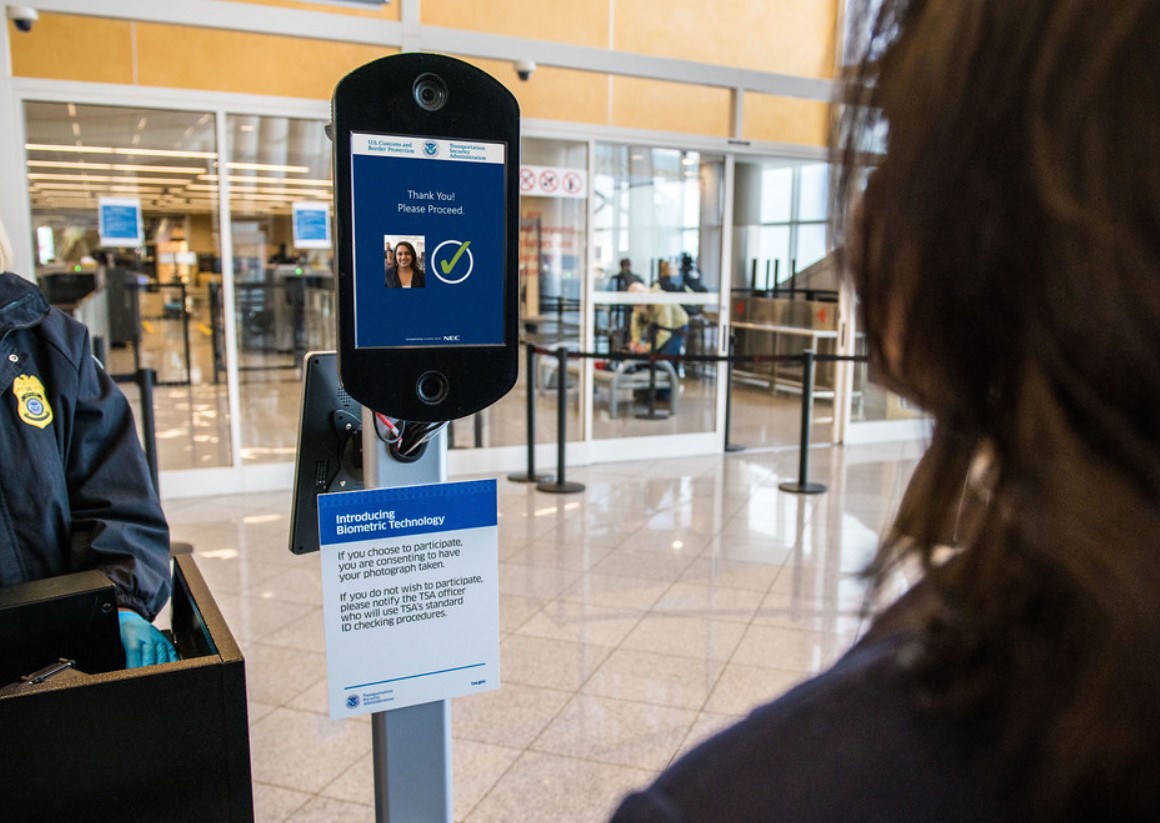Nigeria has installed biometric clearance gates for Nigeria Immigration Services at all international airports. The biometric facial recognition gates will screen and clear passengers within 30 seconds without any interface or immigration staff intervention. The initiative is part of the Nigerian government’s efforts to improve security, efficiency, and convenience for travellers.
How the biometric gates work: A simple and fast process
The biometric gates use facial recognition technology to verify the identity and eligibility of passengers. The process is simple and fast, as passengers only need to scan their passports and boarding passes at the gate, and then look at the camera for facial recognition. The gate will then display a green or red light, indicating whether the passenger is cleared or not. The whole process takes less than 30 seconds, reducing the waiting time and the queues at the immigration counters.
The biometric gates are integrated with the Nigerian Immigration Service’s database, which contains the biometric data of all Nigerian citizens and foreign visitors. The gates can also detect any anomalies or discrepancies in the passenger’s information, such as expired visas, overstayed permits, or criminal records. The gates can also alert the immigration officers in case of any suspicious or fraudulent activities.

Why the biometric gates are beneficial: Security and efficiency benefits
The biometric gates are expected to bring several benefits to the Nigerian immigration system and the travellers. One of the main benefits is enhanced security, as the biometric gates can prevent identity theft, forgery, and terrorism. The biometric gates can also help the immigration authorities to monitor and track the movement of passengers, and to enforce the immigration laws and regulations.
Another benefit is improved efficiency, as the biometric gates can reduce the workload and the human error of the immigration staff. The biometric gates can also speed up the clearance process and the passenger flow, which will improve the customer satisfaction and the airport operations. The biometric gates can also save costs and resources, as they require less space and maintenance.
When and where the biometric gates are available: A nationwide rollout
The biometric gates have been installed at all international airports in Nigeria, including Lagos, Abuja, Port Harcourt, Kano, and Enugu. The project was completed in February 2024, and the gates are now fully operational and ready to use. The project was funded by the Nigerian Federal Government, and implemented by the Nigerian Immigration Service and the Nigerian Airspace Management Agency.
The biometric gates are part of the Nigerian government’s vision to modernize and digitize the immigration system, and to make Nigeria a more attractive and competitive destination for tourism and business. The biometric gates are also in line with the global trend of using biometric technology to enhance border security and passenger convenience.







